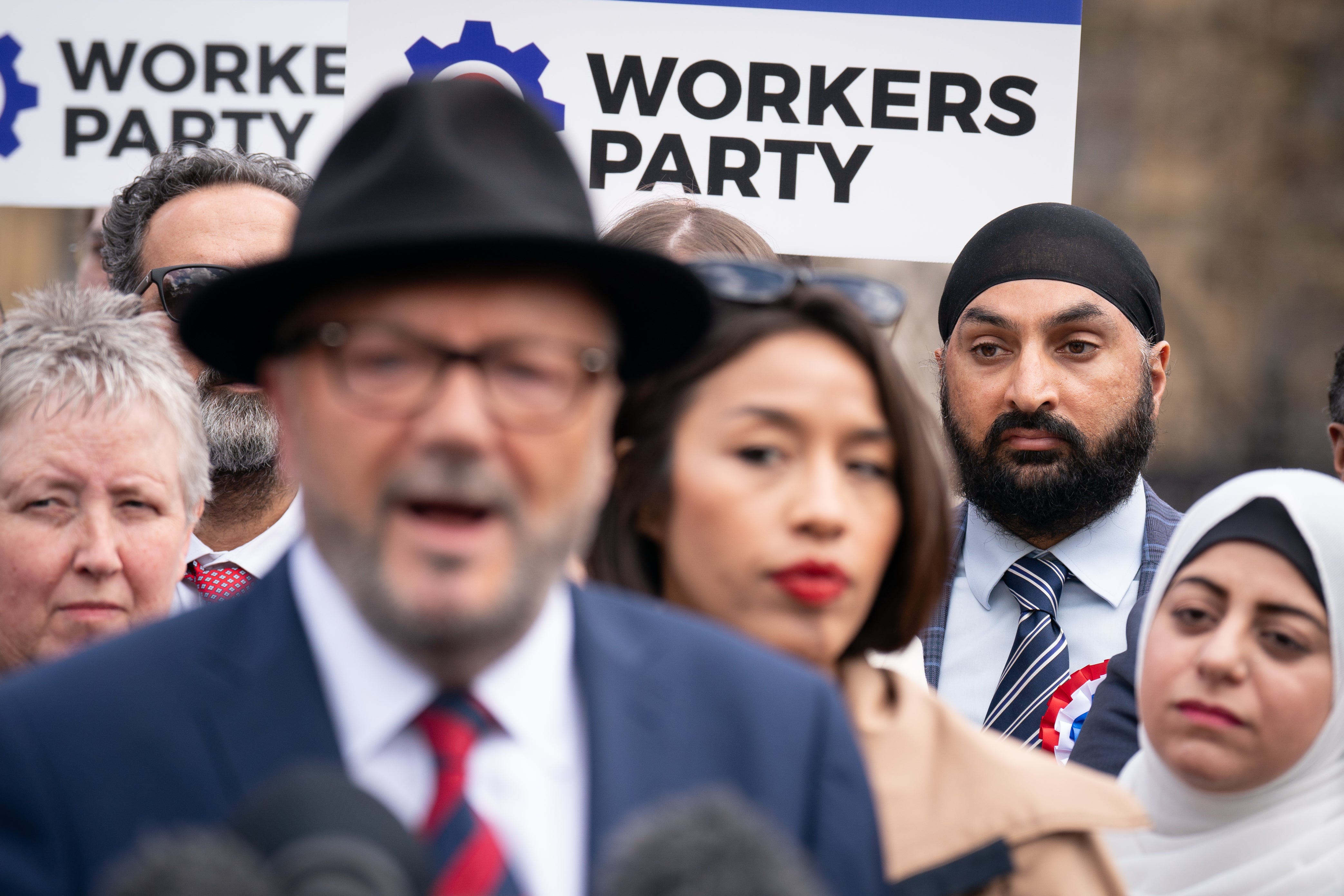Can Monty Panesar spin his way into the House of Commons?
England’s former left-arm bowler wants to become a left-wing MP but, as Sean O’Grady explains, a Labour majority could leave him stumped


Cricket legend Mudhsuden Singh “Monty” Panesar has been adopted as parliamentary candidate for George Galloway’s Workers Party of Britain in the Ealing Southall constituency in west London. As with his sporting career, England’s former left-arm spin bowler is aiming high: still only a little over 40 years of age, he wants to be prime minister. Britain has never had a leader from the world of sport (or any other type of celebrity) but other nations have, and many former sportsmen and sportswomen have entered British politics with varying degrees of success…
Can Monty Panesar make it to parliament?
There’s no reason why not, except that the odds are against him becoming the next MP for Ealing Southall. On the plus side is Panesar’s name recognition, engaging personality and his Sikh background, which would do him no harm in a constituency with the largest Sikh population of any in the UK. On the negative side is the sheer size of the Labour majority won by Virendra Sharma in 2019: 16,084, or 38.1 per cent. The hard-left Workers Party of Britain hasn’t contested the seat before, and Panesar and Galloway will need to build a local organisation and win support for their controversial policies, which include taking Britain out of Nato.
Had Luton-born Monty chosen to run for one of the major parties, he might have emulated the success of Alec Douglas-Home, former foreign secretary and Conservative prime minister in 1963-64, who is so far the only British premier to have tasted success in first-class cricket. Home played for Eton, Middlesex and the MCC, and was a right-handed fast-medium bowler. As a politician with an aristocratic background and a gracious, slightly fastidious manner, he was teased about being “a gentleman, not a player”.
What does Panesar want?
Apart from a new career, he says he wants to “help the working class”. His party promises a lower age to receive the state retirement pension (60), a wealth tax and more money for the NHS.
He also says he believes Britain needs better control of borders to stop illegal immigration. “These people often tend to settle in the poorest areas alongside the poorest people, which can make their quality of life even lower by putting a further strain on resources,” he explains. That’s the kind of argument used by the right, but maybe we are at the point of the political horseshoe where the populist extremes start to converge.
What are the precedents?
Aside from Douglas-Home, British sporting politicians include: Christopher Chataway, Jeffrey Archer, Sebastian Coe and Tanni Grey-Thompson (all famous athletic Conservatives); Ian “Beefy” Botham (Brexiteer cricketer ennobled by Boris Johnson); Henry McLeish (ex-Leeds United and Labour first minister of Scotland); Derek Wyatt (rugby, Labour minister for sport); Menzies Campbell (Olympic sprinter and Lib Dem leader); Kate Hoey (high jumper and maverick Labour Leaver); and Colin Moynihan (cox and Tory minister for sport in the 1980s). Aside from the preponderance of Tory runners, there seems to be no particular ideological pattern.
Going further back we find perhaps the most storied sportsman turned politico, Philip Noel-Baker – a Labour MP and briefly a minister in the post-war Attlee government. He is the only politician to have also won an Olympic medal (silver medal for the 1500m at the 1920 games), plus the Nobel Peace Prize (1959). Although a pacifist, he won the military medal for service as a stretcher-bearer in the First World War, was one of the founders of the League of Nations and the United Nations, and a distinguished academic at Cambridge and at Yale. He deserves to be better remembered.
Notable foreign examples of the sporting politician include Jesse Ventura, the wrestler turned governor of Minnesota; Idi Amin, Ugandan tyrant and former boxer; Imran Khan, cricketer recently declared “out” as Pakistani premier, and Kyiv’s boxer mayor, Vitali Klitschko. On a cursory examination of the stats, being an ex-sports hero seems to be disproportionately important for political success in Ireland, Iran, India, the Philippines, Greece, Norway and Ukraine.



Join our commenting forum
Join thought-provoking conversations, follow other Independent readers and see their replies
Comments